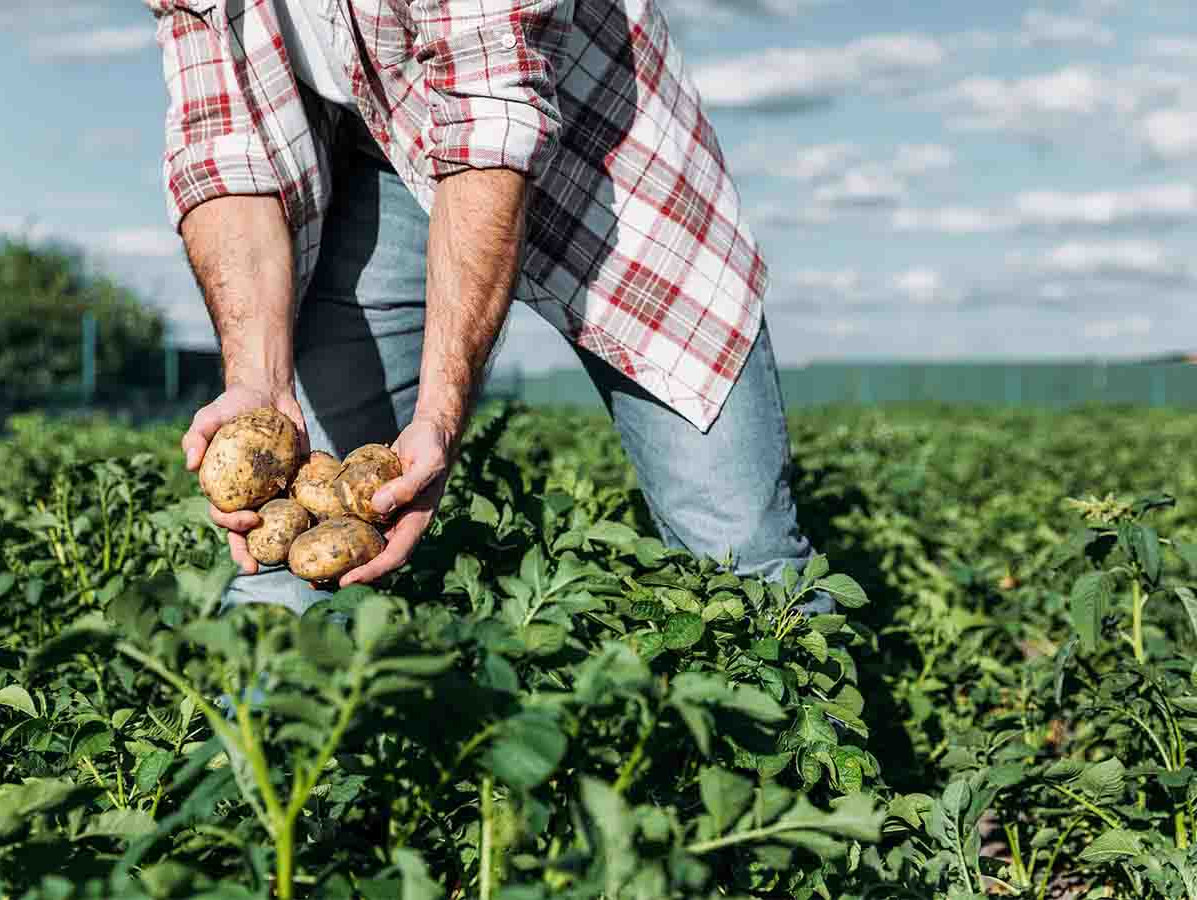
A pioneering development in the potato sector has the potential to increase global food security and make agriculture more sustainable. The hybrid potato is poised to revolutionize both agricultural areas in Africa and Western countries. This innovation is highlighted in detail in the book 'Impact of hybrid potato: the future of hybrid potato from a systems perspective'.
The book is the result of the "Responsible Innovation in Dutch Potato Breeding (Potarei)" project, funded by NWO and carried out by Wageningen University & Research (WUR), Rathenau Institute, University of Groningen and Solynta. It provides both technical insights into hybrid potato innovation and solutions to give small-scale farmers access to high-quality basic material.
Hybrid breeding makes it possible to breed potato varieties with new traits, such as disease resistance, which can reduce the use of pesticides. The use of hybrid seed offers numerous advantages, such as simpler logistics, faster breeding and efficient propagation. Moreover, hybrid seed can be produced in large quantities and stored for long periods of time.
Professor Paul Struik, Potarei project leader and crop physiologist at WUR, emphasises the impact of the hybrid potato: "Especially in low- and middle-income countries, this innovation can revolutionize the potato world. It will especially have a major impact on yields in remote and hard-to-access agricultural areas, where it can meet farmers' needs, such as resistance to the dreaded potato disease Phytophthora, as well as better adaptation to climate change."
While all potato-producing regions worldwide can benefit from this development, the first results are expected in Africa, where hybrid seed can make the biggest difference for small-scale farmers. Distribution of botanical seed is easier than distribution of tubers, and hybrid potatoes can help reduce the use of chemical protectants in Western countries.
The book highlights the need for a radical change in the potato production system to make this revolution possible. Cooperation between companies, governments and NGOs is crucial. Sepia Foundation, founded by Pim Lindhout and Peter Gildemacher, is already committed to making the hybrid potato accessible in East Africa, strengthening food security through sustainable cultivation.
Source: WUR